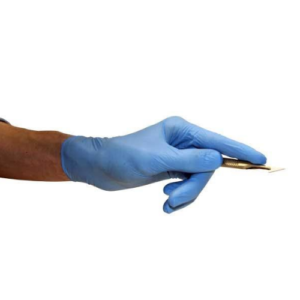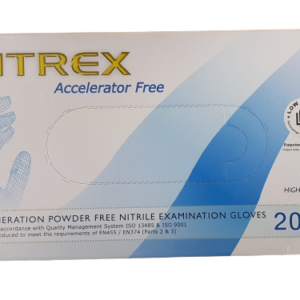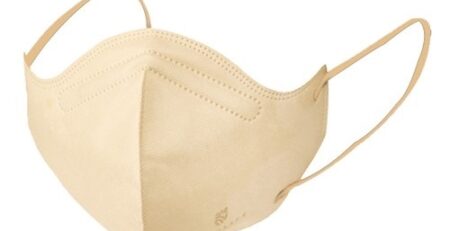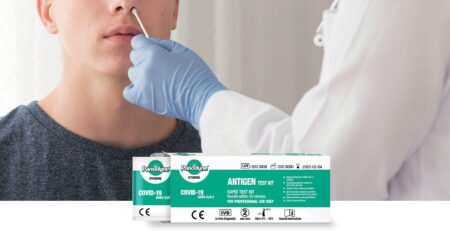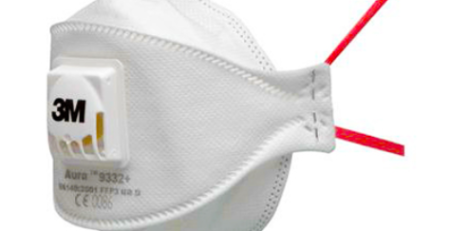What You Need to Know Before Buying Disposable Gloves
Disposable gloves are essential for many different industries and many uses will require a specific grade of glove or EN certification number so, it helps to understand what is available and what to look out for if you are new to purchasing disposable gloves.
Disposable Gloves for Handling Food
When it comes to handling food, it’s important that you not only consider hygiene by covering your hands but you should also consider the material too. The right option for the food industry is often blue powder-free vinyl gloves. They are known to be food-safe, highly detectable and cost-effective. The vinyl gloves will provide comfort although they do have a low resistance to punctures although this is not a problem when handling food.
Disposable Gloves for Cleaning
Cleaning involves using and handling chemicals which means that the disposable gloves you choose need to offer protection from chemicals and this is where latex gloves can help. They are robust and durable while they are perfect for preventing infection too. Nitrile gloves are also a great choice as they have a similar feel to latex gloves while still reducing the risk of allergies and skin irritation.
Disposable Gloves For Medical Use
Working in a medical setting requires hygiene and protection from infection. You will need medical-grade disposable gloves, also known as Exam gloves, made from latex (if you are not allergic and you are not in contact with people that may be allergic), or nitrile gloves. European Standard EN455 states that medical examination gloves should have an AQL score of 1.5 or below.
Things to Consider
Depending on use and the industry, there are terms to consider when purchasing disposable gloves.
- Degradation – This refers to how quickly the physical properties of the glove can change when it comes into contact with a chemical. This can often be identified by swelling, lack of flexibility and movement.
- Breakthrough Time – This is known as the amount of time it takes for a chemical to break through or pass through a glove. The thinner the glove, the quicker the time and so, you should consider this when purchasing your glove.
- Permeation Rate – This is the rate at which a chemical can pass through the glove while intact through a process of diffusion.
- AQL – AQL stands for Acceptable Quality Level. Its an internationally recognised quality standard to control the quality of disposable gloves, in the medical industry in particular.AQL measures the likelihood of pinhole defects in a batch of disposable gloves and estimates how many gloves in a batch could possibly have a hole in.
Disposable Glove Materials
There are a number of different materials that are used in disposable gloves.
- Latex gloves – Latex is one of the more common materials and it offers comfort and performance. This is used for protection from infection and for handling inorganic chemicals. Unfortunately, 6% of the population are allergic to latex.
- Nitrile gloves – Nitrile is very similar to latex however, it reduces the risk of allergic reactions and is kinder on the skin. It is great for splash protection against chemicals. Nitrile gloves are pretty tough yet light so ideal for tasks that require provision.
- Vinyl gloves – Vinyl gloves are the most cost-effective but they are less elasticated than latex or nitrile. They are ideal for quick tasks where comfort is not a priority. This material is suitable for food hygiene and protection against low hazard chemicals.
EN Standards
EN Standards will help you to determine the certification of disposable gloves. With the right certification, you ensure that you select the right glove for the application. The standard EN disposable work glove is EN420 but different certifications will be required for different reasons. Some of the other popular disposable gloves are:
- EN 455: Bodily fluids, chemicals and bacteria
- EN 388: Mechanical Protection
- EN 407: Heat Resistance
- EN 374: Chemical Resistance and micro-organisms
- EN 511: Cold Resistance and Water Resistance



